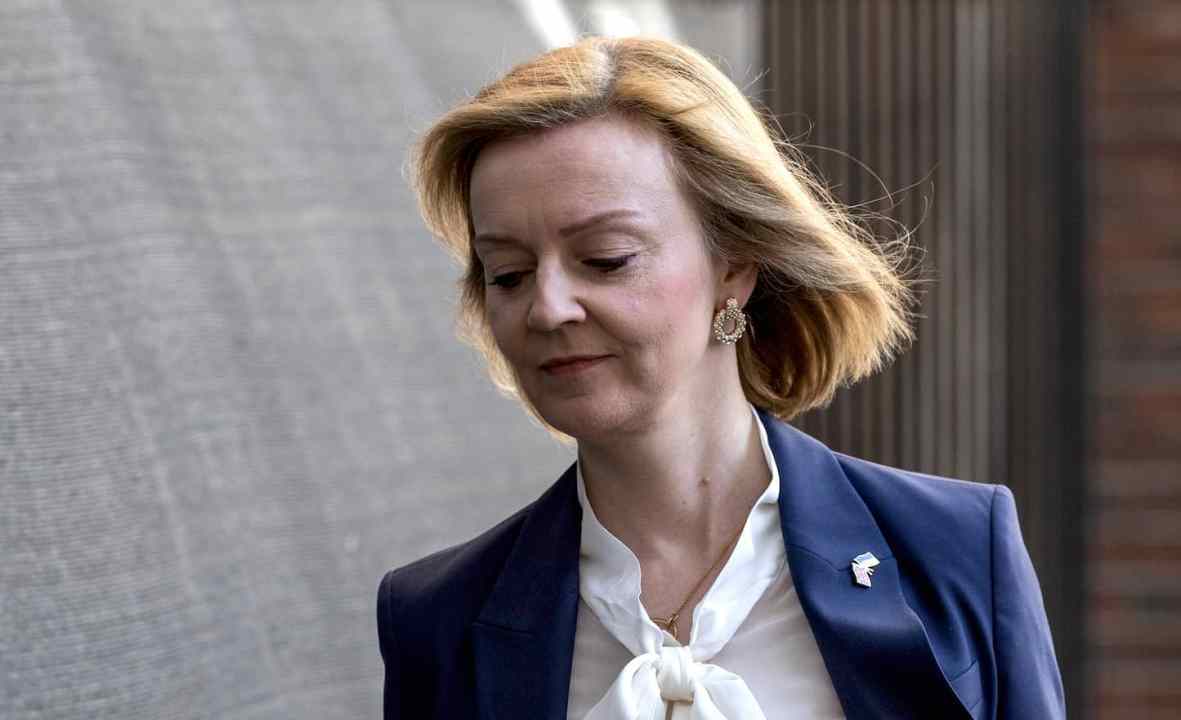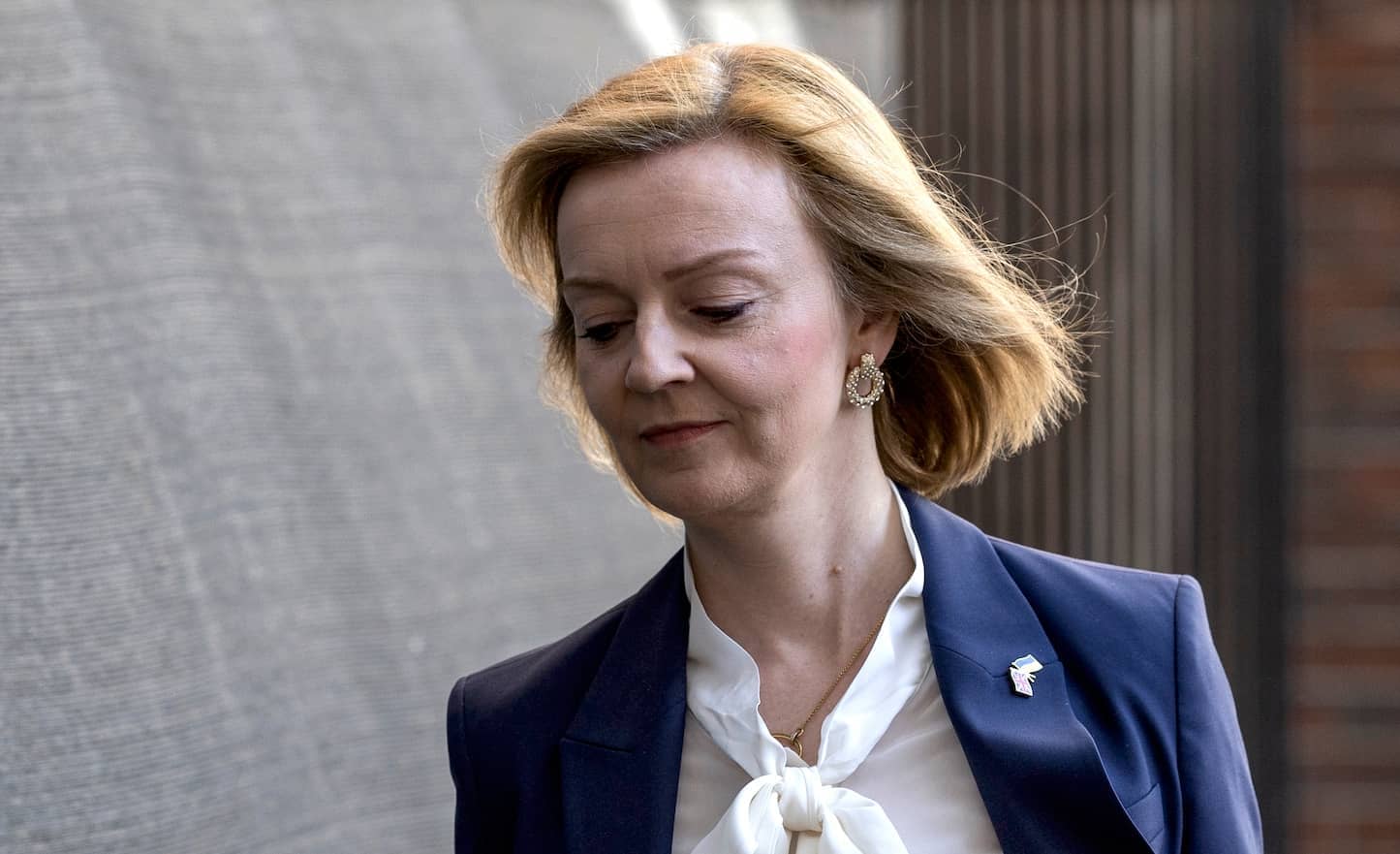How long will the war in Ukraine go on? Speaking last night at Mansion House, Liz Truss suggested that western allies would be in it for the long haul when it comes to supporting Ukraine – suggesting the only acceptable outcome is for Russian forces must be pushed out of ‘the whole of Ukraine’. The Foreign Secretary said western allies needed to ‘double down’ in their support for Ukraine – saying Putin’s invasion ‘must fail and be seen to fail’.
Her comments were echoed by the Defence Secretary this morning. Speaking on the morning media round, Ben Wallace agreed that Russia must be pushed out of the whole of Ukraine. When pressed on whether this means that the UK government believes Russian forces must leave not just the territory occupied since their invasion this year but also those areas like Crimea from previous invasions, he said: ‘We’ve constantly said that Russia should leave Ukraine sovereign territory so that hasn’t changed.’ The rhetoric of the UK government goes further than some European allies such as France and Germany where officials have exerted caution when it comes to comments that could provoke Russia.
Using the economy as a tool to boost prosperity among allies would have obvious benefits
As for the rest of Truss’s speech, the Foreign Secretary used the address to call for the West to go further in order to avoid another situation in Ukraine – whether in Moldova or Taiwan – which she puts down to a failure of deterrence. Part of the reason Russian strength got to the point it did, Truss argued, was that the world let its guard down – both in terms of defence spending and economic ties. And other governments viewed as aggressors have expanded their reach – just look at how the Chinese government has expanded its influence in the Indo-Pacific through economic ties.
Now the UK wants to beat these aggressors at their own game. It’s not just about boosting defence spending – something Truss has previously suggested would be necessary and last night re-iterated. It’s also engaging with other countries. ‘Liz wants the free world to use economics as a hard-edged tool of security and foreign policy because we’ve neglected it since the Cold War and aggressors have been bolder,’ says an ally of the Foreign Secretary. ‘She wants to use economics to constrain rivals and also build closer trade and investment links with a wider group of countries.’
This shift can also be summarised as a ‘carrot and stick’ approach. Look at the sanctions levied against Russia by the G7 and its allies. The economic damage they are inflicting is leading to pain for Putin and his people. They could go further still – with a ban on imports of oil and gas; hydrocarbons make up a third of the Russian economy. As for the carrot, during the Cold War the US did two things – establish Nato and then a general agreement on tariffs and trade.
This time around a wider reach would be required – taking into account those countries in the Indo-Pacific who see what’s happening in Ukraine and worry for their own security. It also means befriending countries that don’t fit the definition of a liberal democracy. There is a sense that the UK ought to forge ties with those countries that may take a different approach but are not hostile. Think of places like Indonesia or Saudi Arabia.
Using the economy as a tool to boost prosperity among allies would have obvious benefits. But given the US administration has so far been cautious on trade due to concerns it could backfire electorally, it is easier said than done.








Comments